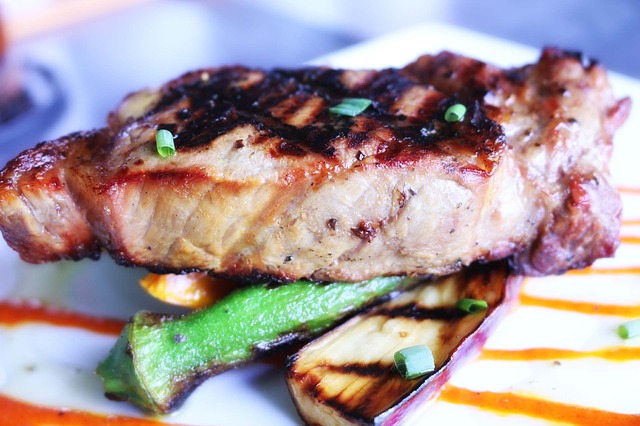Fish is a great source of nutrition; it contains a number of essential minerals and vitamins, and is also the richest source of omega 3 fatty acids that help in reducing bad cholesterol in the body. As such, there should be no contention about whether fish is good for consumption during pregnancy; the answer should be an unequivocal yes. Yet, the contention exists, and it is mainly attributable to the fact that fish contains pretty high levels of mercury which can be toxic to humans in high doses. However, that does not mean that you will have to do away with fish altogether for the whole nine months of your pregnancy. It only means that you will have to be more careful about what you put into your mouth. In this article, we will find out how.
Which fish to eat?
The biggest concern about eating fish, as mentioned earlier, is that fish contains pretty high levels of mercury that can lead to mercury poisoning in humans. You would be hard put to find a type of fish that does not contain any mercury at all; mercury accumulates in all water bodies- be it the ocean, streams, or lakes. This means that all kinds of fish- freshwater or oceanic- contains at least a little amount of mercury. The trick is to find fish that contains very tiny amounts of the metal. Usually, fish like king mackerel, swordfish, tilefish, and sharks have very high levels of mercury, and should be definitely avoided by the pregnant woman. On the other hand, fish like tuna, salmon, cod, and tilapia are healthier with very low levels of mercury in them.
How to choose?
It is best to buy fish from very trusted sources. If you are buying from a local source, find out where they are sourcing their fish from. If they are buying in bulk from a vendor you cannot trace, avoid that seller. If you do know from where the seller is getting the fish, check out the status of that water body. There will likely be some status report on the mercury level in said water body. Do not buy frozen fish; you have no idea how long it has been sitting there, what the source is, and what preservatives went into it. Raw and cold fish is host to a thriving colony of a variety of pathogens, including listeria, which can lead to the very deadly listeriosis in the pregnant woman. The pathogens also multiple proportionally to the amount of time the meat has been left untouched.
How to eat
The first rule, of course, is to ensure that you cook the fish yourself. Do not buy pre-cooked fish unless you really know and trust the provider and can testify for the cleanliness of their kitchen. The safest thing to do, however, is to cook it yourself. Cook it fresh from the market instead of leaving it in the refrigerator; this way, you are not giving much scope to the bacteria to grow. Cook it crispy; do not boil it or undercook it. A long cooking process that requires a lot of heat will help kill off most of the bacteria that might be there in the fish. Eat it while it is still piping hot. And since thorough cooking is the key, sushi will be of your table for the nine months of pregnancy. Also, if you eat albacore tuna, do not exceed 6 ounces in a week.
Why eat fish?
Fish contains a number of vital nutrients, the most important of which is the omega 3 fatty acids. These acids help in reducing the bad cholesterol in the body, and minimize the risk of blocked arteries and any kind of cardiac disruptions. This, in turn, also helps in maintaining blood pressure, and regulates weight. Needless to say, both blood pressure and weight management is an issue most women face during their pregnancy. Do keep in mind that while omega-3 supplements are good as well, it is always recommended that you take them in addition with a healthy dose of low-mercury fish every day.
Also read: Can I eat prawns during pregnancy?
Fish is a highly nutritious food that must be included in every person’s diet plan, and especially so in that of a pregnant woman’s. All you have to do is make sure that you are eating it just right. A couple of servings of fish daily is the usual recommended limit, and you can safely go a little higher if the doctor permits. That brings us to our most important point; consult a doctor before eating anything. When you make a diet plan, do so under professional supervision; you will know for sure how much fish you should eat daily and when.

